Top 5 Gas Compressors for Efficient Energy Solutions in 2023
In the ever-evolving landscape of energy solutions, the importance of efficient gas compressors cannot be overstated. As industries seek to reduce their carbon footprint while maximizing productivity, the demand for advanced gas compression technology continues to rise. This article explores the top five gas compressors of 2023, highlighting their innovative features, operational efficiencies, and suitability for various applications.
By focusing on performance and reliability, these gas compressors not only meet the current energy needs but also pave the way for sustainable practices in energy production and consumption. From industrial applications to renewable energy integration, choosing the right gas compressor can significantly enhance overall system efficiency and reduce operational costs. Join us as we delve into the key attributes and benefits of the leading gas compressors in today’s market, ensuring that you are well-informed to make the best decision for your energy solutions.
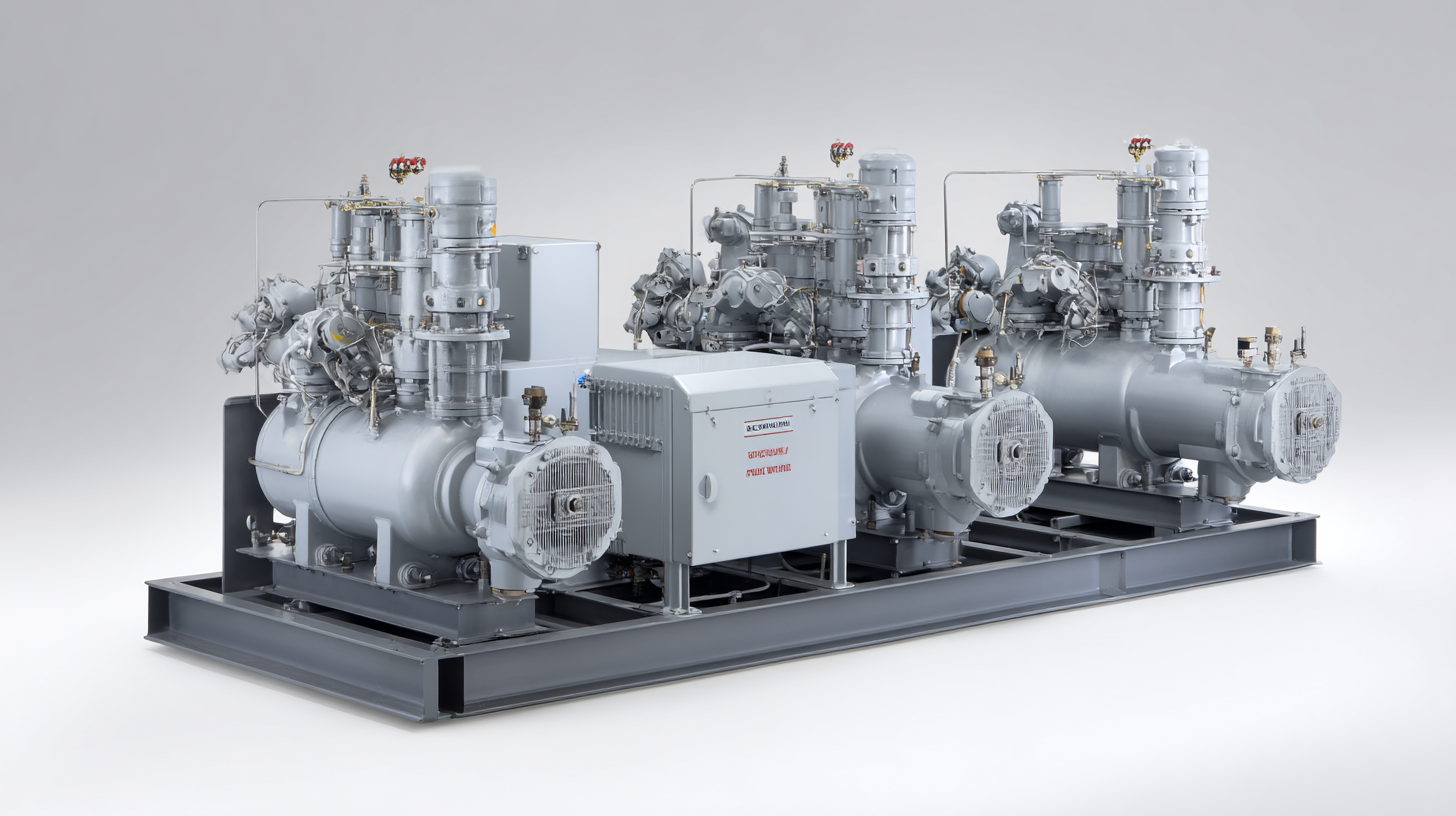
Overview of Gas Compressors: Importance in Energy Solutions
Gas compressors play a crucial role in the energy sector, particularly in the transportation and storage of natural gas. These machines increase the pressure of gas to facilitate its flow through pipelines and other infrastructure, enabling efficient energy distribution. Their function is vital for ensuring that natural gas reaches both residential and industrial consumers consistently and reliably. As energy demands rise, the importance of advanced gas compressor technology becomes even more pronounced, marking it as a critical component in achieving energy efficiency and sustainability.
In 2023, the focus on renewable energy and reduced carbon footprints has heightened the necessity for high-performance gas compressors. Modern designs not only aim to maximize efficiency but also to minimize emissions and operational costs. Innovations in compressor technology, such as variable-speed drives and advanced materials, enhance performance while also supporting global energy initiatives. Understanding the significance of these machines in the broader context of energy solutions helps stakeholders make informed decisions about investments and infrastructure developments in the evolving energy landscape.
Key Features to Look for in Efficient Gas Compressors
When selecting an efficient gas compressor, it is crucial to consider several key features that can significantly impact performance and energy efficiency. One of the most important aspects is the compressor's operational efficiency, which is often quantified by its isentropic efficiency ratings. Reports suggest that leading models in the market are achieving isentropic efficiencies above 80%, which can lead to substantial energy savings and reduced operational costs over time.
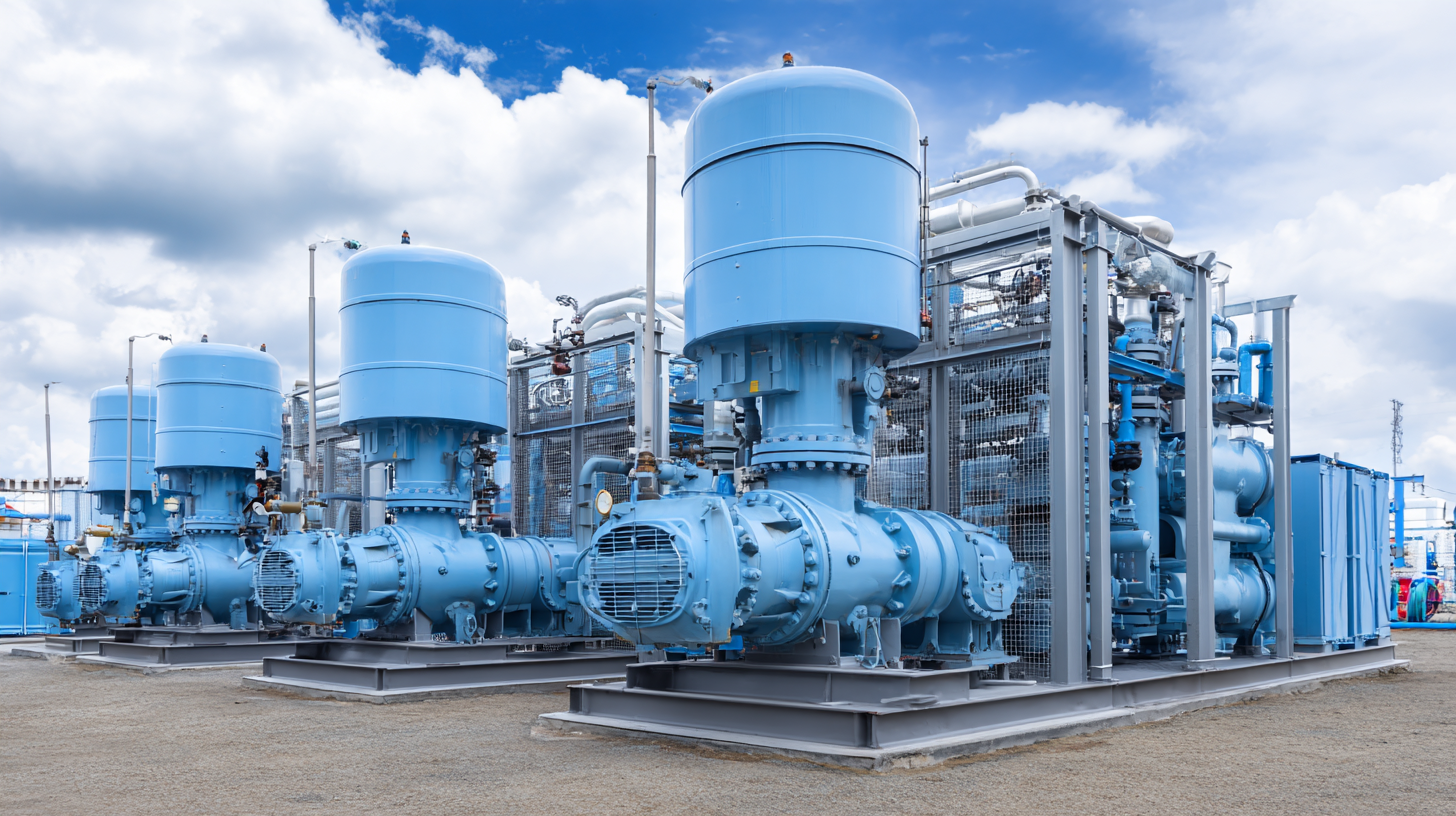
Furthermore, the capacity control mechanism is an essential feature to look for. Advanced compressors now incorporate variable speed drives and sophisticated control systems that allow for precise adjustment of capacity based on demand. This flexibility not only enhances energy efficiency but also minimizes wear and tear, resulting in a longer equipment lifespan. Additionally, it is crucial to consider the noise and vibration levels of gas compressors, as lower emissions of sound and vibration contribute to a more sustainable and comfortable operational environment, which is increasingly prioritized in modern industrial settings.
Reports indicate that some of the top compressors on the market are designed to meet today's stringent noise regulations, responding effectively to both regulatory and community expectations.
Top 5 Gas Compressors of 2023: A Comparative Analysis
In 2023, selecting the right gas compressor is crucial for enhancing energy efficiency across various industries. This comparative analysis focuses on the top five gas compressors that stand out due to their innovative technology, performance, and adaptability. The leading options include both reciprocating and rotary screw compressors, each offering distinct advantages based on application needs.
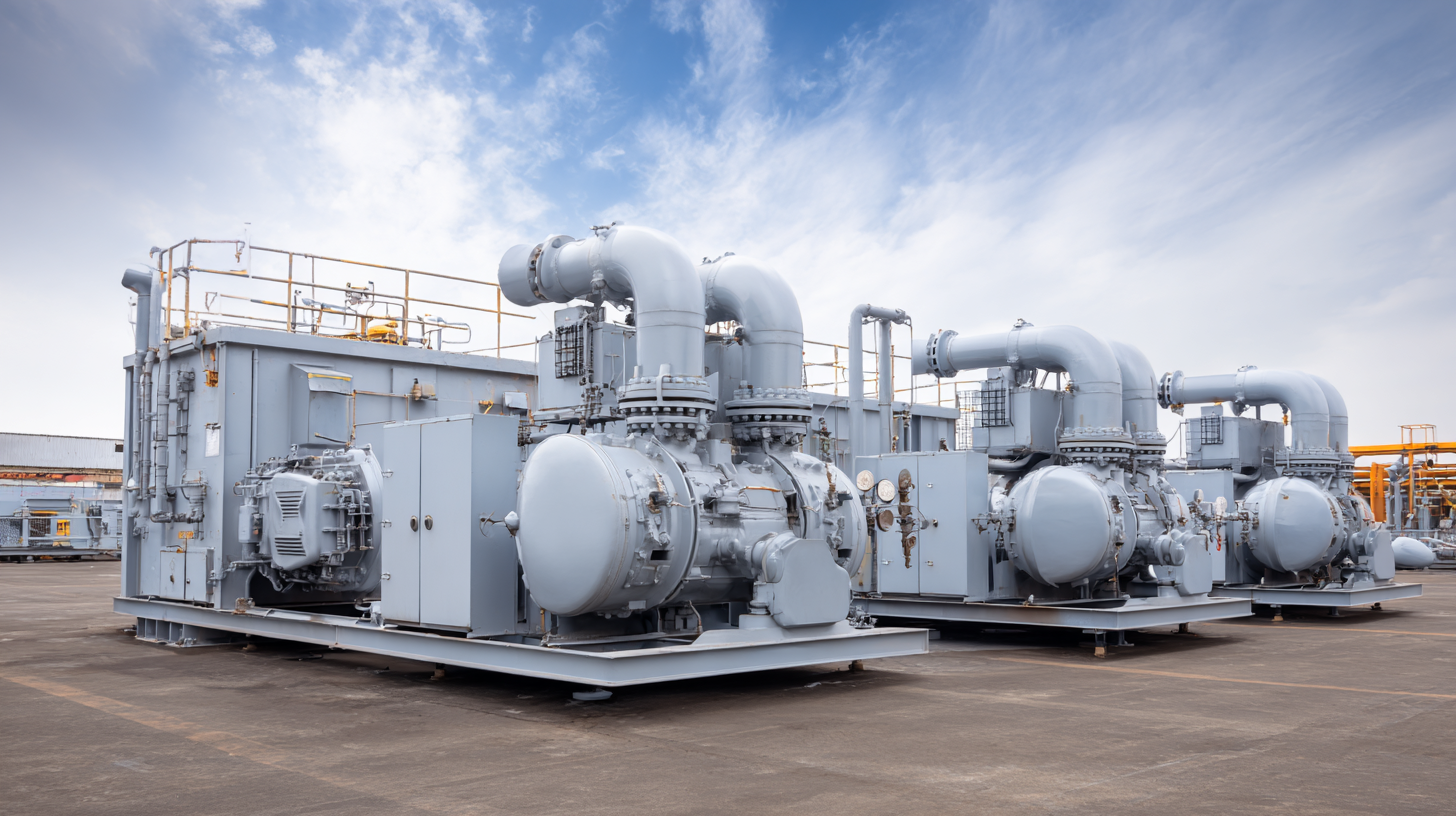
The first contender is known for its sophisticated control systems that optimize energy consumption, making it ideal for large-scale industrial applications. Meanwhile, a high-efficiency rotary screw compressor provides impressive reliability and lower maintenance costs, appealing to businesses seeking long-term solutions. Another noteworthy model excels in portability and lightweight design, catering to project sites where space and mobility are critical.
By examining key features, such as energy consumption rates and operational costs, this analysis highlights how each compressor ranks in terms of efficiency and overall effectiveness within the dynamic landscape of energy solutions.
Cost-Benefit Assessment of Investing in Gas Compressors
Investing in gas compressors can yield substantial cost benefits for businesses focused on energy efficiency. In 2023, companies are increasingly recognizing the value of integrating advanced gas compression technology into their operations. These compressors not only optimize energy consumption but also enhance overall production efficiency. By compressing and storing gas effectively, organizations can reduce waste and lower operational costs, making it a financially sound decision in the long run.
Furthermore, the initial investment in gas compressors can be offset by the savings generated through reduced energy bills and improved output. Maintenance costs tend to be manageable, and with the right compressor technologies, companies can achieve a significant return on investment over time. As energy prices fluctuate, the reliability and efficiency offered by modern compressors can help stabilize costs, providing a crucial buffer against market volatility. Overall, a thorough cost-benefit assessment reveals that investing in gas compressors is not just an operational necessity but a strategic advantage in achieving energy solutions.
Top 5 Gas Compressors for Efficient Energy Solutions in 2023
This bar chart represents the cost-effectiveness of the top five gas compressors in 2023 based on their efficiency ratings, operational costs, and maintenance expenses. The data reflects a balance of performance and investment returns for each compressor model.
Future Trends in Gas Compression Technology and Efficiency
The landscape of gas compression technology is evolving rapidly, driven by the increasing demand for efficiency and sustainability in energy solutions. One key trend is the integration of artificial intelligence and machine learning into gas compressors. These technologies enhance operational efficiency by enabling predictive maintenance and optimizing energy usage in real time. By analyzing data from various sensors, AI algorithms can predict potential failures and alert operators, minimizing downtime and ensuring continuous operation.
Another significant trend is the shift towards greener refrigerants and eco-friendly materials in the manufacturing of gas compressors. As industries face stricter environmental regulations, companies are investing in technologies that reduce the carbon footprint of their operations. Innovations such as variable speed drives and advanced cooling systems make gas compressors not only more efficient but also significantly less harmful to the environment. These advancements are not just about compliance; they are essential for companies seeking a competitive edge in a market that increasingly values sustainability.
Top 5 Gas Compressors for Efficient Energy Solutions in 2023
| Model | Power Output (kW) | Compression Ratio | Efficiency (%) | Application |
|---|---|---|---|---|
| C-100 | 150 | 8:1 | 98 | Natural Gas Processing |
| XG-250 | 250 | 10:1 | 95 | Industrial Applications |
| E-300 | 300 | 12:1 | 97 | Oil & Gas Sector |
| B-400 | 400 | 14:1 | 93 | Biogas Applications |
| Z-500 | 500 | 15:1 | 96 | Power Generation |
Related Posts
-
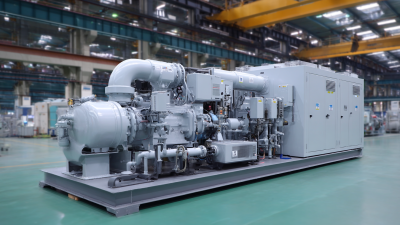
Unlocking Efficiency: How Industrial Gas Compressors Revolutionize Modern Manufacturing
-

Essential Guide to Selecting the Right Industrial Pumps and Machines for Your Business
-
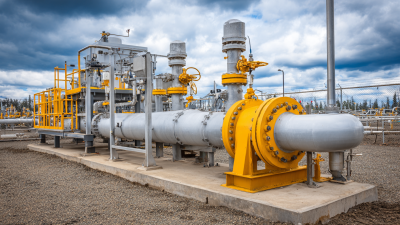
How to Choose the Right Natural Gas Machine for Your Business Needs
-

What is the Future of Oilfield Equipment in a Changing Energy Landscape?
-
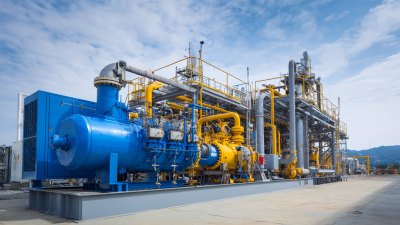
How to Optimize Your Operations with a Natural Gas Machine
-

Uncovering the Advantages of Industrial Machine Equipment in Enhancing Global Supply Chain Efficiency
